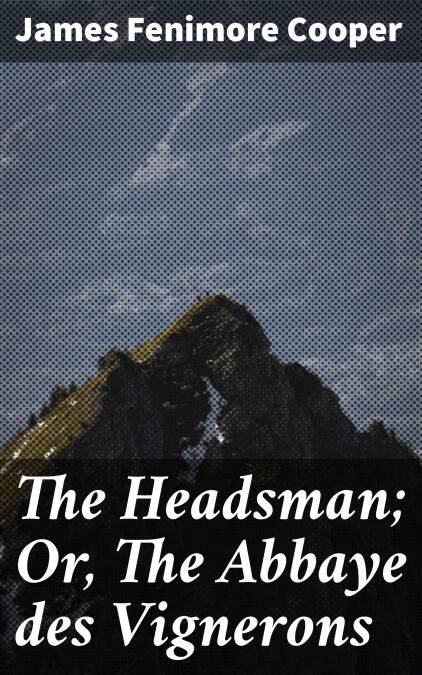
- Afhalen na 1 uur in een winkel met voorraad
- Gratis thuislevering in België vanaf € 30
- Ruim aanbod met 7 miljoen producten
- Afhalen na 1 uur in een winkel met voorraad
- Gratis thuislevering in België vanaf € 30
- Ruim aanbod met 7 miljoen producten
Zoeken
The Headsman; Or, The Abbaye des Vignerons E-BOOK
Betrayal and Honor in Medieval Switzerland: A Tale of Romance, Intrigue, and Adventure
James Fenimore Cooper
E-book | Engels
€ 0,49
Uitvoering
Omschrijving
In "The Headsman; Or, The Abbaye des Vignerons," James Fenimore Cooper delves into the complex interplay of personal and political conflict, set against the backdrop of Switzerland during the turbulent era of the French Revolution. The novel intertwines themes of honor, justice, and the role of individual conscience within societal structures, employing Cooper's characteristic romanticism and vivid descriptions of the Swiss landscape. With its intricate narrative and nuanced portrayal of characters caught between tradition and change, the work invites readers to explore the moral dilemmas faced during times of upheaval, showcasing Cooper's adeptness at weaving human emotion with historical context. James Fenimore Cooper, an early American novelist, is often celebrated for his pioneering contributions to American literature and his exploration of frontier life. His experiences as a sea captain, coupled with his deep appreciation for nature and landscapes, significantly influenced his writing. "The Headsman" reflects his ongoing engagement with European themes and settings, revealing his concern for the impact of revolutionary ideas on the individual, which resonates through his own experiences in a young, evolving nation. This novel is highly recommended for readers interested in the intersections of history and literature, as well as those who appreciate rich narrative and philosophical depth. Cooper's exploration of justice and moral responsibility amid societal change invites thought-provoking discussions and remains relevant today, making it a must-read for scholars and enthusiasts alike.
Specificaties
Betrokkenen
- Auteur(s):
- Uitgeverij:
Inhoud
- Aantal bladzijden:
- 434
- Taal:
- Engels
Eigenschappen
- Productcode (EAN):
- 4064066213183
- Verschijningsdatum:
- 11/12/2019
- Uitvoering:
- E-book
- Beveiligd met:
- Digital watermarking
- Formaat:
- ePub

Alleen bij Standaard Boekhandel
Beoordelingen
We publiceren alleen reviews die voldoen aan de voorwaarden voor reviews. Bekijk onze voorwaarden voor reviews.











